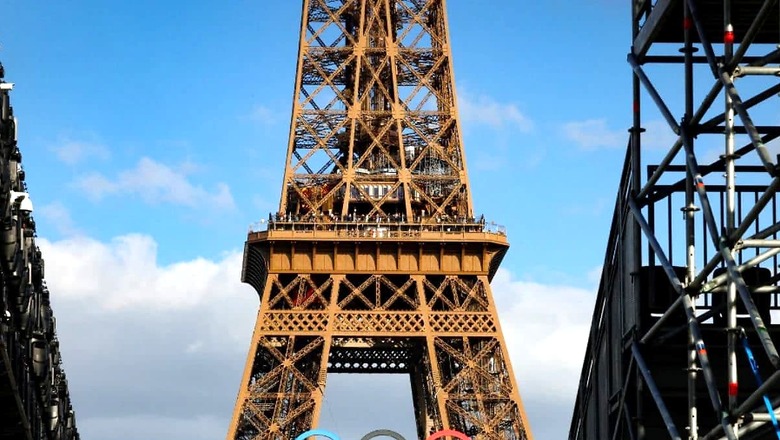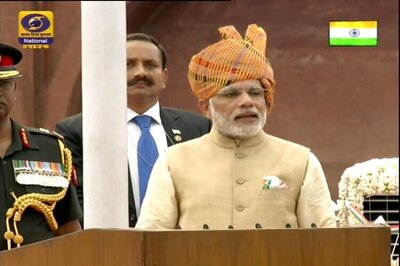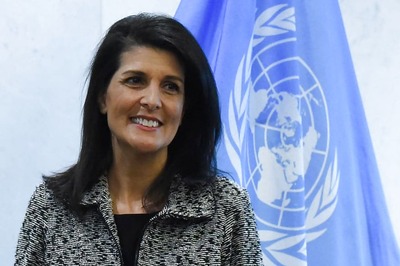
views
The International Olympic Committee (IOC) puts much effort into building the Village where the athletes stay while competing at the Games. The ancient Olympic Games had a mythological connection as it was first organised in honour of the Greek god, Zeus. The name is derived from Mount Olympus where the gods reside, as per the people of the country. In 1896, the first edition of the modern Olympic Games was held in Athens. The first-ever Olympic Village was seen at the Paris Games in 1924 and Pierre de Coubertin, co-founder of the IOC, introduced the idea.
Temporary buildings were designed to accommodate all athletes featured in the competition. Apart from rooms, they were also provided with bedding and meals. Before the facility came into existence, athletes used to stay in hotels, school hostels and barracks in the editions between 1896 and 1920.
A century later, the Summer Olympics are again taking in Paris. This time, a state-of-the-art complex has been built in the French Capital. Many have asked what happens to the Olympic Villages after the Games are over.
This year, the Paris Olympic Village has been built in the northeastern suburbs of the city. After the Games, the facility, featuring 82 buildings, will be transformed into a mixed-use complex. Offices will be open at the site and it will also have residential buildings, which can accommodate over 6,000 people. The work will begin after the Paralympics concludes on September 8.
In 1924, wooden cabins were constructed near the Stade de Colombes stadium. There were several shared amenities including a currency exchange, a luggage office, postal and telegraph service, a laundry shop and a newspaper kiosk. The Village also had a separate dining hall where athletes were offered three meals per day.
As each of those huts was a temporary structure, all of them were dismantled after the event was wrapped up. Later, a modern stadium was built at the site and it is currently known as the Yves du Manoir Stadium. The venue has hosted more than 200 competitions featuring sports like athletics, rugby, football and boxing. The World Boxing Championship was held there in 1972 and the stadium played host to over 40,000 fans.




















Comments
0 comment